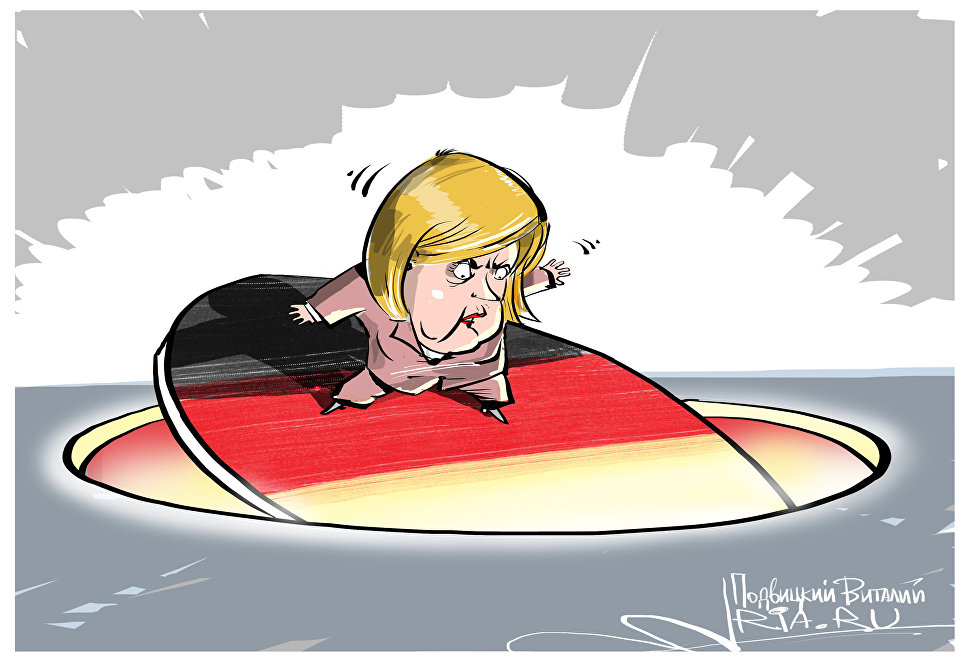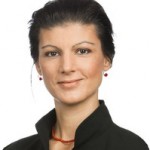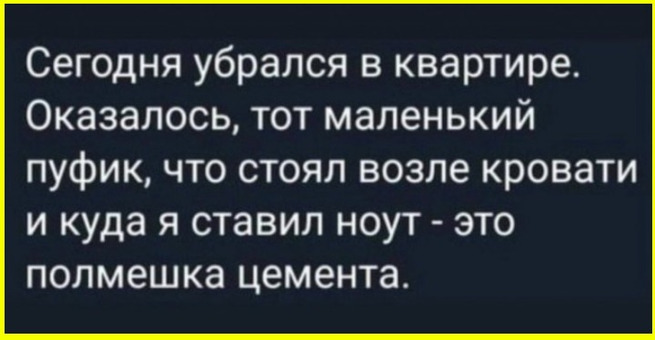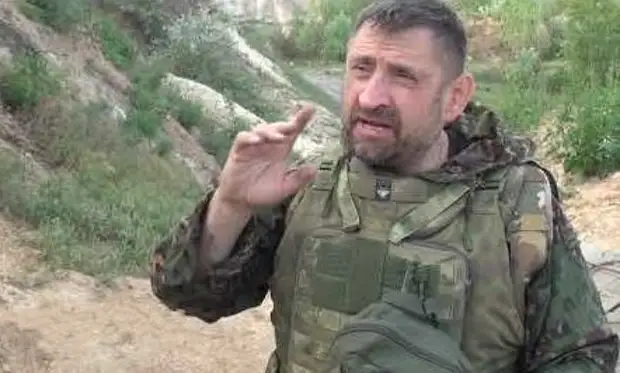
Правительство Меркель, обращаясь к своим американским друзьям, воплощают руками европейцев на немецкие деньги давние мечты Бзежинского .
Auswärtiges Amt - Startseite - "The Future of Security in Europe"
20.09.2016
Dear Fiona,
Dear Daniela, Stefan,
Ladies and Gentlemen, dear friends,
Henry Kissinger remarked in a recent Brexit- comment that “in a world in which upheavals based on conflicting values span the continents, a common act of imagination by Europe and its Atlantic partners” was badly needed.
I am glad to be here with you this morning in order to undertake such a common act of transatlantic imagination – or at least some stock-taking on where we are headed with regard to the future of European security.
I.
The last two years have been extraordinary times for Europe. The continent is caught in an existential crisis and finds itself at a crossroads. Much of what used to be a given in European politics cannot be taken for granted any more: neither the notion that European integration is irreversible nor that peace on the continent is sustained by a unique security order based on a common set of rules and principles. And more over, as Ex-President van Rompuy put it in his somewhat prophetic acceptance speech at the Nobel ceremony for the EU in 2012: War in Europe has become inconceivable. Yet ‘inconceivable’ does not mean ‘impossible’. How right he was.
Russia’s illegal annexation of Crimea and the conflict in Eastern Ukraine were a watershed moment for European security. Equally, the violent disruptions in Europe’s Southern neighborhood will impact Europe’s security and prosperity for years to come. They have long reached our doorsteps and beyond – through major terrorist attacks in European cities and a mass movement of refugees.
The immediate and existential threats on the financial markets seem to be over; but the far-reaching social implications of the financial crisis are not. And then, of course, there is Brexit, the British people’s vote to leave the EU – supplemented by a broader challenge to the European project by anti-European, anti-elites, nationalist – often even xenophobic movements and parties.
The global order is in transition and increasingly multi-polar. On the one hand, it is characterized by far-reaching social transformation processes that have resulted in both an enormous reduction of poverty and better participation. On the other hand, these same processes also generate conflict: through the diffusion and fragmentation of power, the simultaneous renaissance of power politics or the rise of isolationist and anti-globalization movements.
When discussing the future of European security, therefore, we discuss a challenge that is more complex than drawing the right lessons from Ukraine – or rather: coming to terms with a European security order that has been severely shaken not only by Russia’s willingness to use military force to advance its interests and to redraw the borders of a sovereign nation but also by other inside and outside pressures.
II.
Dear friends,
I do not attempt to predict today how Europe and the European Union will transform under those internal and external pressures we face. We as governments have the responsibility to shape this transformation as best we can in order to ensure the liberal order, pluralism, open societies, political stability, economic prosperity and absence of major conflict that so far have distinguished the European model.
The questions you are asking in today’s workshop are pertinent: How to conceptualize European security in this context? How to ensure that the European project remains relevant to European populations? And finally: How to engage Russia?
In my view, we face four central tasks:
First: We need to reinvigorate the European project
Following Brexit, it is not enough to manage Britain’s exit. If Europe is to stay relevant in the world, it needs to deepen integration. If Europe is to stay relevant to its citizens, we need to prove why people are better off with more Europe than with less.
So we see Brexit as a challenge and an opportunity at the same time: We need to regain trust, by showing people as an immediate response that Europe offers concrete solutions to their worries. That is what the Bratislava Summit at 27 last weekend intended. If we are successful, integration will return to the European agenda.
Germany as a major player in the center of Europe – a “reflective power” as FM Steinmeier called it – faces the responsibility to help consolidate Europe. Foreign Ministers Steinmeier and Ayrault have initiated the debate in June with concrete proposals: aiming at a new European security agenda, a common European asylum policy, and a completion of the economic and monetary union by enhancing the economic convergence and shock resistance of the Eurozone – and above all: by creating jobs and growth.
It will be crucial that the Bratislava process does not fall short on addressing these crucial questions. Not all 28/27 will be ready to move forward on integration at this point in time. But multiple speeds have long been a reality in Europe and should enable us to move ahead with a group of member states, while remaining open for others to join at a later stage. This is why we call for a more flexible European Union.
Second: Europeans need to take over more responsibility for their own security
The US reorientation towards Asia will most likely continue under the next US administration. If anything, the current election campaign has also shown that the burden sharing debate is likely to intensify as well.
It is important, therefore, that the debate on how to further develop European security and defense has gained momentum. In the months to come, it will be crucial to merge the various thoughts on the table – such as our French-German ideas or proposals submitted by Italy or Commission President Juncker in his State of the Union address – into a convincing agenda and move European Security and Defense policy forward.
Such a new European security agenda will have to produce concrete results in key areas:
We need better European cooperation in the fight against terror and in managing our borders. The European Border and Coast Guard is a big step in the right direction. But there is room for further improvement, for example through the development of stronger and smarter information systems.
We need to adequately resource our armed forces: This message is understood in Berlin, the German government has reversed the trend of shrinking budgets and has committed to move towards the 2% mark in its new White Paper.
We need more progress in European capability development and integration of our armed forces: We face a notorious shortage of maritime capabilities; we lack independent strategic transport capacities; we need enhanced situational awareness; and we need to do better in doing all of this jointly and not separately.
After 13 years of conducting CSDP operations and missions, it is time for a permanent integrated EU military and civilian planning and conduct capability.
Personally, I believe that mutual subordination of military entities, as we see it in German-Dutch or German-Polish military cooperation, will be crucial in gradually moving towards a European Security and Defense Union.
Our American friends sometimes worry about duplication in the context of European defense integration: I am convinced that, quite to the contrary, more defense integration will be to the benefit of all, the EU, NATO and the US. The Alliance needs a stronger European pillar. Europe has to deliver more than it did in the past. And it only can deliver more if it produces more “bang for the buck”.
We should also use the momentum of the NATO-EU declaration signed in Warsaw. Hybrid threats, including through the cyber space, make it imperative for both organizations to combine their efforts and prepare themselves for the worst – also by common exercises.
In times when societies have become highly vulnerable to potential attacks with devastating consequences both organizations have to contribute to increasing the resilience of our countries, our societies, our infrastructures, and our partners.
In the context of hybrid threats, let me mention something EU and NATO won’t be able to fix. Only our societies can from within. We have to defeat “Post Truth Politics” which are on the rise in our democratic systems. Post Truth Politics are the open flank through which hybrid information warfare penetrates our diverse information space. Remember the “little green men” on Crimea? Purportedly local Crimea Self Defense Forces, in reality Russian Speznas.
My fear is that if and when all truths become equal, including lies, one truth will soon be more equal than the others. That is the one that only feels true. This will not only be the end of all facts based, rational politics. “Post Truth Politics” are also an invitation to those who from the outside want to weaken our open societies. Post Truth Politics may be the biggest threat our democracies are facing today, bigger than any external threat.
A third point: We need a new stabilization agenda for Europe’s immediate neighborhood
European foreign policy needs to become more relevant and more strategic. Given the alarming fragmentation and disintegration of our neighborhood, Europe has to do more to better manage these crises. Former Commission President Prodi wanted to create a ring of friends around the EU. Now it has turned into a ring of fires. Europeans must adapt to this. The EU has to become a more proactive political actor, its Neighborhood and Foreign Policies more consistent and targeted.
The new Global Strategy on Foreign and Security Policy has been a good starting point. Now, Bratislava has confirmed, that even before the end of the year we will engage on follow-up processes that aim at establishing a more comprehensive and coherent approach to foreign-, security-, defense-, and development policies. We need concrete results in all relevant areas and an integrated approach to managing conflicts and crises.
In Germany, we have reformed our structures in order to lay the foundations for such a comprehensive stabilization agenda, including better inter-ministerial coordination on a strategic level, enhancing our capabilities for strategic foresight and setting up a new budget line of 100 Mio EUR per annum for material assistance and training to partner countries: As examples, we provide Jordan and Tunisia with better border management capabilities (including armored infantry vehicles), Iraq with better counter-IED capabilities, the Kurds in IRQ with lethal weapons in their fight against Daesh; Nigeria with flat bottom boats to fight insurgency in the Delta.
We have developed a comprehensive concept for stabilization that we have put into practice, inter alia as Co-chair of the working group on stabilization within the anti-IS coalition and as the initiator of a stabilization facility for Libya. And we are in the process of writing government guidelines for our international crisis management.
We want to see something similar on the European level. A stabilization agenda laid down in a specific follow-on document to the Global Strategy. An agenda that provides the conceptual groundwork for the EU to deliver in our neighborhood and beyond.
Fourth: We need to engage Russia
Half a year ago in this house, I argued that we have to be prepared for a policy of “compartmentalized cooperation” towards Russia: a policy of being partners and adversaries at the same time.
We clearly have a responsibility as Allies to ensure that our deterrence remains credible in order to prevent dangerous miscalculation on Moscow’s part. NATO has undergone two years of structural adaptation to address this challenge – with substantial German contributions, including our role as a framework nation for NATO’s assets in Lithuania.
But credible deterrence is largely based on perceptions. The risk of triggering unwanted mistrust and escalation is inherent. It is even harder to strike the right balance when your potential adversary has made unpredictability a strategic asset.
If any lessons are to be drawn from Russian behavior during the last couple of years, than that surprises will continue. The preferred means are of hybrid character in a deliberate attempt to obscure the lines between war and peace, reality and fiction, and to ensure maximum deniability.
In order to reduce the risk posed by this unpredictability, the German government has insisted time and again on the need to complement our deterrence approach with meaningful and regular dialogue with Russia – be it nationally, in the EU, the OSCE or the NATO-Russia Council. A dialogue that addresses our differences, but that does not prevent us from looking for common ground or trying to identify areas where interests match.
No one expects NATO to return to business as usual. But at the same time we have every interest in managing a highly delicate relationship with a neighboring nuclear power in a way that minimizes the risk of unwanted escalation and enhances predictability to the greatest extent possible.
For this, we need to establish new formats including a 28+2+1 format of NATO, Sweden + Finland and Russia to discuss concrete ways to enhance security in the Baltics. NATO will have to have a dialogue with Russia on the INF, on Ballistic Missile Defense or on Russia’s responsibilities as a nuclear power.
In the same vein, Germany is advocating a comprehensive re-launch of conventional arms control in Europe. Russia has long been demanding talks to advance conventional arms control. Now we are taking Russia at its word. The initiative is an opportunity to resume discussions and put all issues on the table. We expect Russia to constructively engage in this dialogue. And let me be clear: There will be no forum-shopping for Moscow: our demands regarding Russian compliance with existing regimes have not changed.
Equally, the EU should be ready to have a more structured dialogue on possible areas of common interest with Russia – be it in fighting ISIL, deterring North Korea, in future policies towards Central Asia, or in increased connectivity. The European Council in October will address Russia.
III.
Dear Friends,
There will not be a magic quick fix of Europe’s security order or for the crisis that European integration is going through. Rather, we will have to opt for what is feasible – without unnecessarily limiting ourselves to the lowest common denominator.
We should build on existing institutional pillars in Europe – namely EU, OSCE, NATO, and the NATO-Russia Council. Talking about lessons learned from the Ukraine crisis, one of them is that the OSCE has an important role to play as a security provider in Europe.
At the same time, we should not shy away from trying to fill the existing architecture with new dynamics in order to strengthen it. Minor touch ups alone will not solve our problems. Foreign Minister Steinmeier’s arms control initiative is a case in point, so is his commitment as CiO of the OSCE to inject new life into the OSCE – e.g. by creating new formats, such as the informal FM meeting – or “OSCE Gymnich” – held in Potsdam earlier this month.
One thing is crystal clear: Transatlantic cooperation and unity is key in this endeavor – which is why I want to thank the “Center on the US and Europe at Brookings” and the DGAP for giving me the opportunity to address you this morning.
To what extent this unity can be achieved, is rather difficult to predict. The upcoming US presidential elections imply a fair amount of known and unknown unknowns – on your side of the Atlantic.
Thank you.
Источник:
http://www.auswaertiges-amt.de...






Оценил 1 человек
2 кармы